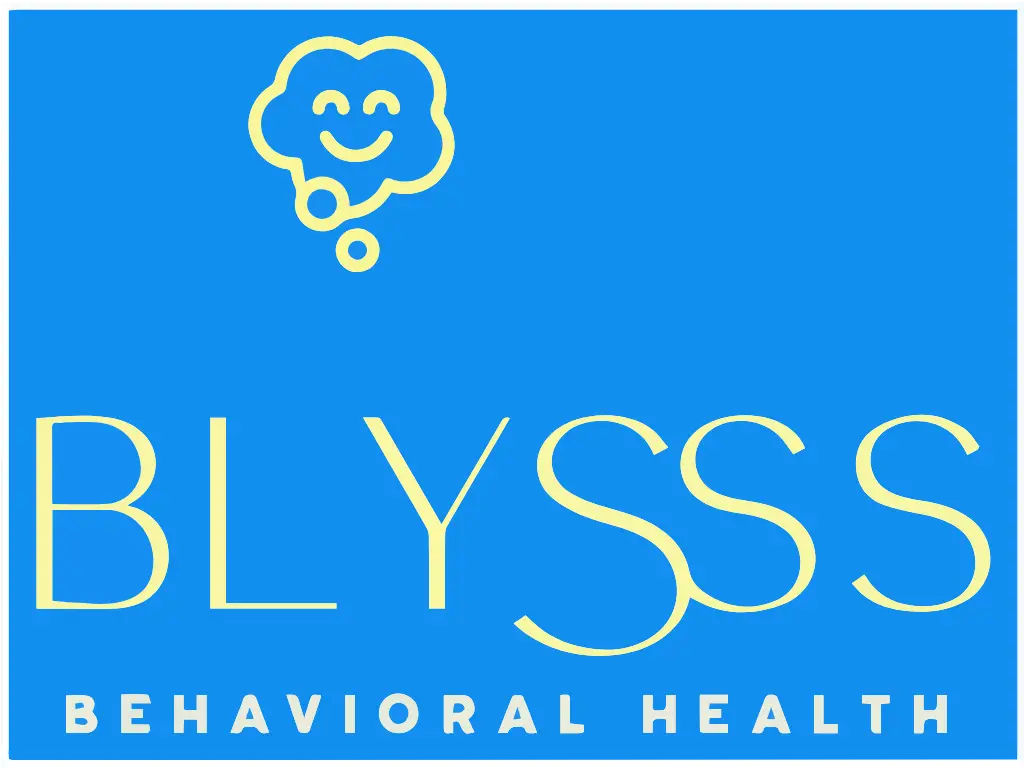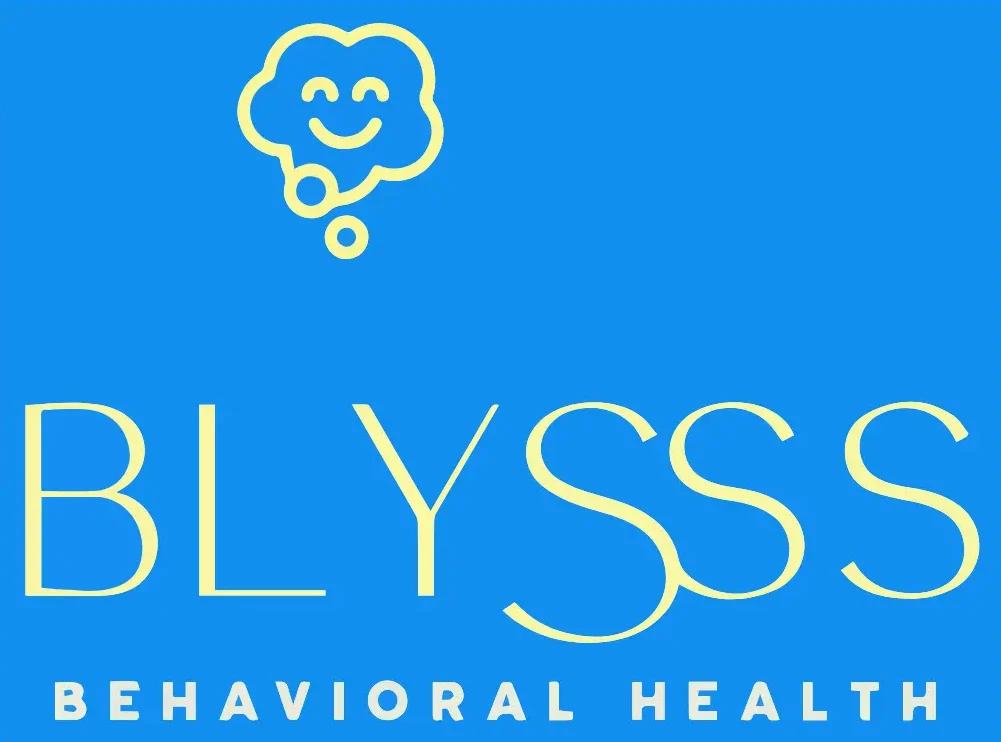Anxiety and Stress Management: Medication options to get relief today
Understanding anxiety symptoms and treatment options in Illinois
Anxiety is a universal human experience, a reaction to stress or perceived threats that has evolved to help keep us safe. However, when anxiety becomes overwhelming or chronic, it can interfere with daily life and well-being. Understanding the causes, symptoms, and management strategies for anxiety is essential for fostering mental health and resilience.
What is anxiety?
Anxiety is a complex emotional and physiological response to stress. It often manifests as feelings of worry, fear, or unease, which may occur sporadically or persistently. While mild anxiety can serve as a motivator—for example, encouraging preparation for a test or job interview—excessive anxiety can be debilitating, leading to avoidance behaviors and reduced quality of life.
How Anxiety Differs from Stress
Although anxiety and stress are closely related, they are not the same. Stress is typically a response to an external trigger, such as a looming deadline or a conflict at work, while anxiety is often an internal reaction that can persist even in the absence of a specific stressor.
Causes of anxiety
Anxiety arises from a combination of biological, psychological, and environmental factors. Key contributors include:
- Genetics: A family history of anxiety disorders can increase the likelihood of developing anxiety.
- Brain Chemistry: Imbalances in neurotransmitters like serotonin and dopamine are often associated with anxiety disorders.
- Trauma: Experiencing traumatic events, especially during childhood, can predispose individuals to anxiety.
- Chronic Stress: Prolonged exposure to stressful situations can lead to heightened anxiety responses.
- Personality Traits: Certain traits, such as perfectionism or a tendency to overthink, can contribute to anxiety.
Symptoms of anxiety
Anxiety can affect the body, mind, and behavior in various ways. Common symptoms include:
- Physical Symptoms: Rapid heartbeat, sweating, trembling, headaches, or stomachaches.
- Emotional Symptoms: Persistent worry, fear, irritability, or feelings of impending doom.
- Cognitive Symptoms: Difficulty concentrating, racing thoughts, or an overactive mind.
- Behavioral Symptoms: Avoidance of social situations, withdrawal from activities, or compulsive behaviors.
Types of anxiety disorders
Anxiety disorders are among the most common mental health conditions, affecting millions of people worldwide. They include:
- Generalized Anxiety Disorder (GAD): Chronic, excessive worry about a variety of topics.
- Panic Disorder: Recurrent panic attacks involving intense fear and physical symptoms like chest pain or dizziness.
- Social Anxiety Disorder: Severe fear of social interactions or situations where one may be judged.
- Phobias: Intense, irrational fears of specific objects, situations, or activities.
- Obsessive-Compulsive Disorder (OCD): Unwanted repetitive thoughts (obsessions) and behaviors (compulsions).
- Post-Traumatic Stress Disorder (PTSD): Anxiety triggered by traumatic events.
Help improve your anxiety
While managing anxiety can feel overwhelming, there are evidence-based strategies and techniques that can provide relief. Here are some approaches:
Practice Mindfulness and Meditation
Mindfulness techniques, such as yoga and meditation, can help ground you in the present moment, reducing anxious thoughts about the future or past. Apps like Headspace and Calm offer guided sessions tailored to anxiety relief.
Exercise Regularly
Physical activity releases endorphins, which are natural mood elevators. Even a brisk walk or short workout can significantly reduce anxiety levels.
Adopt Breathing Exercises
Deep, diaphragmatic breathing can help calm the body’s stress response. One effective method is the 4-7-8 technique: inhale for four counts, hold for seven, and exhale for eight.
Challenge Negative Thoughts
Cognitive Behavioral Therapy (CBT) techniques encourage individuals to identify and reframe distorted or irrational thoughts, helping to break the cycle of anxiety.
Prioritize Sleep
Sleep deprivation can exacerbate anxiety, so establishing a consistent bedtime routine is crucial. Avoid screens before bed and consider using relaxation techniques to improve sleep quality.
Seek Professional Help for anxiety
If self-help strategies are insufficient, consulting a therapist or psychiatrist at Behavioral Health Services – BLYSSS BEHAVIORAL HEALTH for tailored treatment options, including therapy and medication.
Breaking the stigma around anxiety
One of the biggest hurdles for individuals dealing with anxiety is the stigma surrounding mental health issues. To learn more about mental health issues go to NAMI | National Alliance on Mental Illness. Remember open conversation, education, and compassion are essential for dismantling these barriers. Remember, if you are looking for help with your anxiety Blysss behavioral health and their Medication Management Services – BLYSSS BEHAVIORAL HEALTH is here to help. Remember seeking help for anxiety is a sign of strength, not weakness.
Conclusion
Anxiety, while challenging, is a manageable condition that can be addressed through a combination of self-help strategies and professional care. By understanding its root causes and symptoms, and by taking proactive steps to manage it, individuals can lead fulfilling, balanced lives.
If you or someone you know is struggling with anxiety, remember help is available at Behavioral Health Services – BLYSSS BEHAVIORAL HEALTH or at 844-425-9777. Whether it’s through mindfulness practices, therapy, or support from loved ones, every step taken is a step toward healing. Anxiety may be a part of life, but it does not have to define it.

